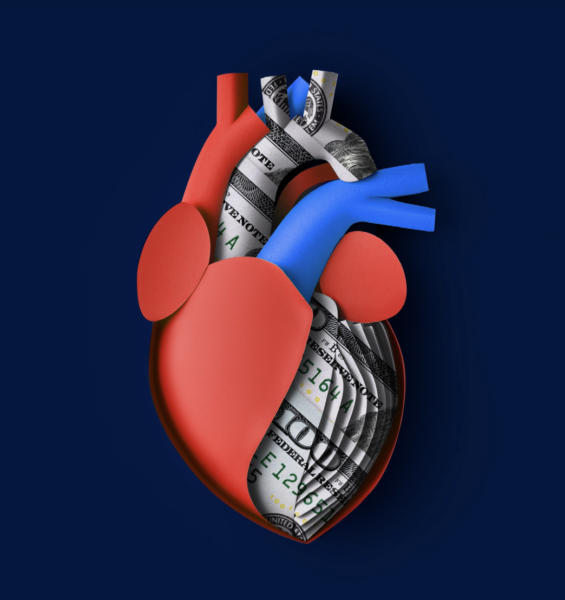Biomedical Research
The Disproportionate Economic Burden of Complex Congenital Heart Disease
April 16, 2024
Complex congenital heart defects (cCHDs) affect about 2.5 in 1000 children in the United States, causing life-threatening complications that require lifelong, complex medical care. While the medical impact on patients is obvious, the economic impact of these diseases on patients, families, and the US economy has been underrepresented, underappreciated, and not fully evaluated to date. As a result, there is a lack of funding, policies, and services needed to reduce the burden, and patients and families pay the price — literally.
Our report examined the direct, indirect, and mortality costs associated with cCHDs. By looking at a subset of six specific cCHDs including, but not limited to, single ventricle heart defects, we show that the economic burden on patients, families, and the US economy is extremely high, with many families facing a lifetime cycle of debt and our economy paying a significant burden in lost productivity and premature mortality.
We specifically measured costs per patient per year, costs per patient over the lifetime, and total financial burden across all patients in the US and compared those cCHD-specific costs to common cardiac diseases. Key findings include the following:
- The average annual cost of cCHD is nearly $50K per patient, with >45% paid solely by patients and families, which is nearly 8X more than congestive heart failure.
- The average lifetime financial burden for cCHD is $2.2M per patient, which is nearly 44X more than congestive heart failure, with the first five years of life >$650K per patient, with $190K paid directly by families.
- On average, patients lose 31 years of life, which equates to $4.5M in mortality costs.
- The annual economic burden, including mortality, for all cCHDs in the US is $74B.
- Despite their rarity, the lifetime economic burden of cCHD is disproportionately high, costing the US $3.35T in direct, indirect, and mortality costs for all patients currently living with a cCHD, with direct and indirect costs 1.3X higher than a common cardiac condition.
This study demonstrates that cCHDs have a disproportionate economic impact relative to prevalence, and in some cases, are more burdensome than common cardiac diseases. The data illuminate the tremendous need for increased research funding, policy changes to incentivize the development of new therapies, and financial support programs for patients and families.
